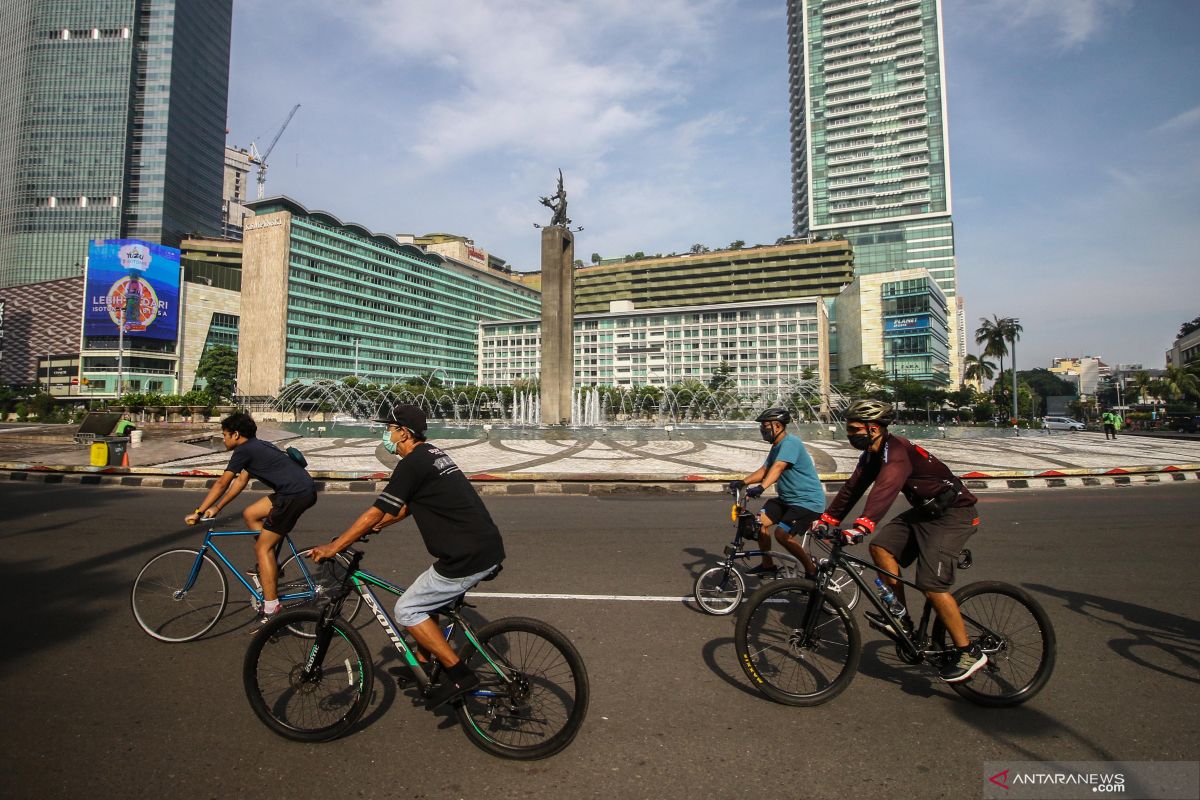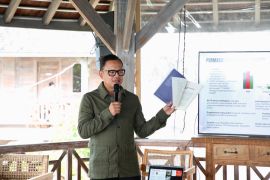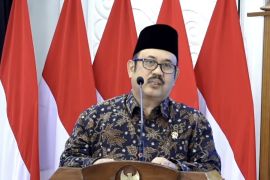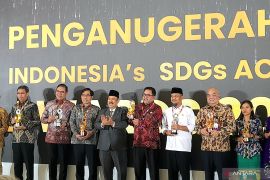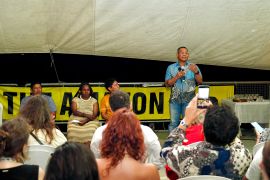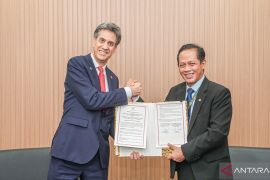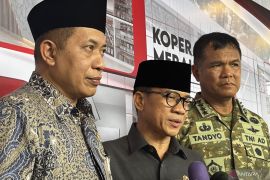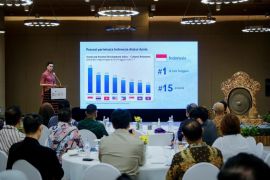The challenge for us is to conduct sustainable recovery through low-carbon development programsJakarta (ANTARA) - The lingering COVID-19 pandemic has caused serious damage, socially and economically, around the world.
As of June 9, 2020, the novel coronavirus disease has claimed 409,104 lives, with over 7 million people contracting the infection in 213 countries and territories.
Economically, the outbreak has triggered economic collapse, leading to closure of businesses, job losses, and poverty, particularly in developing countries.
The COVID-19 pandemic has served as an unprecedented global shock that has magnified the impact of inequality, hitting the poor the hardest, according to the International Institute for Sustainable Development (IISD).
On the other hand, with people forced to lock themselves at home to break the chain of the virus spread, people in big cities particularly have been able to enjoy fresh air as pollution has reduced significantly. The sky in Jakarta is blue and the river is cleaner as there is much less human activity.
The healing seen in nature, however, would be temporary, if people do not change the way they conduct businesses once the COVID-19 pandemic ends.
As governments around the world are racing to implement economic stimulus and support packages to keep individuals, businesses, and economies afloat, IISD has reminded that these measures must pave the way to a more sustainable economy and development.
The post-COVID-19 crisis should serve as a chance for Indonesia, too, to do better in implementing sustainable development and green economy.
The United Nations Development Programme (UNDP) Indonesia country director, Christophe Bahuet, has emphasized the importance of using the Sustainable Development Goals (SDGs) as the baseline for Indonesia’s COVID-19 recovery.
“The pandemic and the new normal should make the SDGs more important,” he said, while advising Indonesia to pursue “a green” recovery, and to not return to business as usual upon recovering from COVID-19.
In the meantime, the Indonesian government has added Rp56.5 trillion to the economic recovery budget in the Government Work Plan (RKP) 2021 to deal with the fallout of the COVID-19 pandemic, according to the Minister of National Development Planning (PPN), Suharso Monoarfa.
The budget will be prioritized for the development of leading sectors such as tourism, industry and agriculture; infrastructure construction; and, improving human resource capacity, among other things.
The PPN Ministry/National Development Planning Agency (Bappenas) has emphasized that the fiscal stimulus channeled to address the impact of the COVID-19 pandemic must also support sustainable, low-carbon development.
"Certainly, (it is important to see) how economic stimulus packages can be designed to trigger greener economic growth in future," the ministry's director of environmental affairs, Medrilzam, remarked during a virtual seminar on sustainable development, held on May 28, 2020.
Supporting sustainable development involves not only environmental protection, but also concurrently bringing in investment and opening up environment-friendly jobs, he expounded.
Worldwide, several nations have launched economic stimulus plans to deal with the economic impact of the COVID-19 pandemic, which mostly cover traditional measures, such as provision of emergency funds, tax deferral, MSME assistance, and subsidies for affected businesses.
"Hence, it (recovery programs) is very economically oriented. It has not touched on the issue of how we are moving towards the better. In Indonesia, the pattern is the same as that at the global level," he remarked.
Medrilzam then cited an example of how Bappenas has been trying to support sustainable development. He said the agency has channeled a stimulus of Rp2 billion for mangrove rehabilitation at a former tin mine land and to transform the area into an ecotourism site.
With the budget, the ecotourism area could offer monthly economic benefits of Rp50-65 million to those managing the area and attract investment of Rp22 billion. Ecotourism would offer employment opportunities to local residents, who were formerly tin miners, he pointed out.
From the environmental aspect, the 50-hectare mangrove area could potentially lower greenhouse gas emissions, he noted.
"We hope that, in future, various policies would be directed more suitably," he added.
Speaking at the same virtual seminar, Bappenas deputy for maritime affairs and natural resources, Arifin Rudiyanto, said post-COVID-19 recovery that prioritizes green economy and sustainable development programs will proffer long-term benefits to Indonesia.
"The challenge for us is to conduct sustainable recovery through low-carbon development programs," he remarked.
The ministry will focus on sustainable recovery, taking a cue from the financial crisis of 2008-2009 when economic recovery had resulted in a spike in carbon dioxide (CO2) emissions worldwide.
"Increased emissions after the 2008-2009 crisis were a result of the economic stimulus and investment for economic growth that was directed towards the high-carbon industry," he remarked.
Indonesia should be able to reorganize the economy and employ the principle of low-carbon development while carrying out economic recovery efforts, he said.
“COVID-19 should act as a wake-up call for countries to green their recovery,” Susanne Pedersen, assistant director-general and head of the Investment and Policy Solutions Division at the Global Green Growth Institute (GGGI), has said, as quoted on www.greengrowthknowledge.org.
Related news: Indonesian regions brace for reopening of tourism attractions
Related news: Indonesia still in preparatory stage to embrace new normal: spokesman
Related news: BKPM to revise investment realization target affected by COVID-19
Editor: Gusti Nur Cahya Aryani
Copyright © ANTARA 2020
